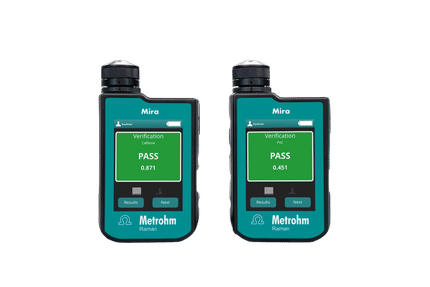To use all functions of this page, please activate cookies in your browser.
my.chemeurope.com
With an accout for my.chemeurope.com you can always see everything at a glance – and you can configure your own website and individual newsletter.
- My watch list
- My saved searches
- My saved topics
- My newsletter
Laboratory flask
Product highlightLaboratory flasks are vessels (containers) which fall into the category of laboratory equipment known as glassware. In laboratory and other scientific settings, they are usually referred to simply as flasks. Flasks come in a number of shapes and a wide range of sizes, but a common distinguishing aspect in their shapes is a wider vessel "body" and one (or sometimes more) narrower tubular sections at the top called necks which have an opening at the top. Laboratory flask sizes are specified by the volume they can hold, typically in metric units such as milliliters (mL or ml) or liters (L or l). Laboratory flasks have traditionally been made of glass, but can also be made of plastic. At the opening(s) at top of the neck of some glass flasks such as round-bottom flasks, retorts, or sometimes volumetric flasks, there are outer (or female) tapered (conical) ground glass joints. Some flasks, especially volumetric flasks, come with a stopper or cap for capping the opening at the top of the neck. Such stoppers can be made of glass or plastic. Glass stoppers typically have a matching tapered inner (or male) ground glass joint surface, but often only of stopper quality. Flasks which do not come with such stoppers or caps included may be capped with a rubber bung or cork stopper. Flasks can be used for making solutions or for holding, containing, collecting, or sometimes volumetrically measuring chemicals, samples, solutions, etc. for chemical reactions or other processes such as mixing, heating, cooling, dissolving, precipitation, boiling (as in distillation), or analysis. List of flasksThere are several types of laboratory flasks, all of which have different functions within the laboratory. The most common types of flask are:
|
||||||
| This article is licensed under the GNU Free Documentation License. It uses material from the Wikipedia article "Laboratory_flask". A list of authors is available in Wikipedia. | ||||||







